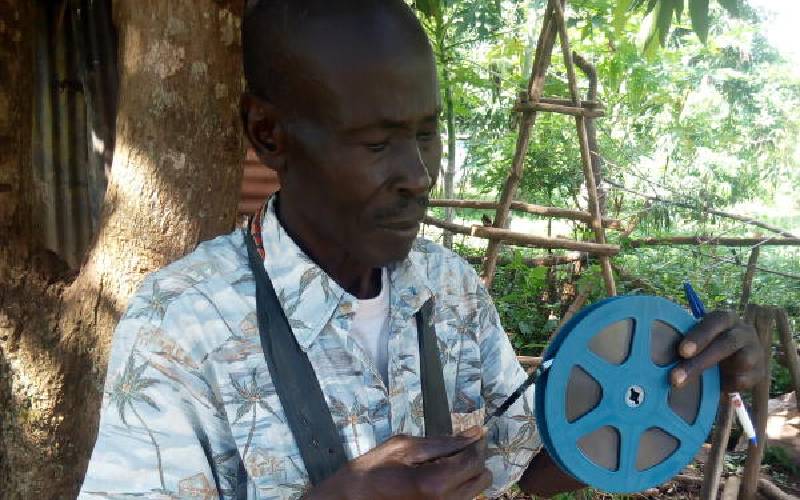×
The Standard e-Paper
Stay Informed, Even Offline

Aggrey Ondiek during an interview with The Sunday Standard at his home in Nyandiwa village in Siaya County.[Isaiah Gwengi,Standard]
Aggrey Ondiek, now in his 70s, is one of the civilians who witnessed the Biafra war – a civil war in West Africa, which began in July 1967 and ended on January 15, 1970. The veteran scribe, who hails from Nyandiwa village, Siaya County, rarely speaks about the war, but there are a few things he cannot forget.